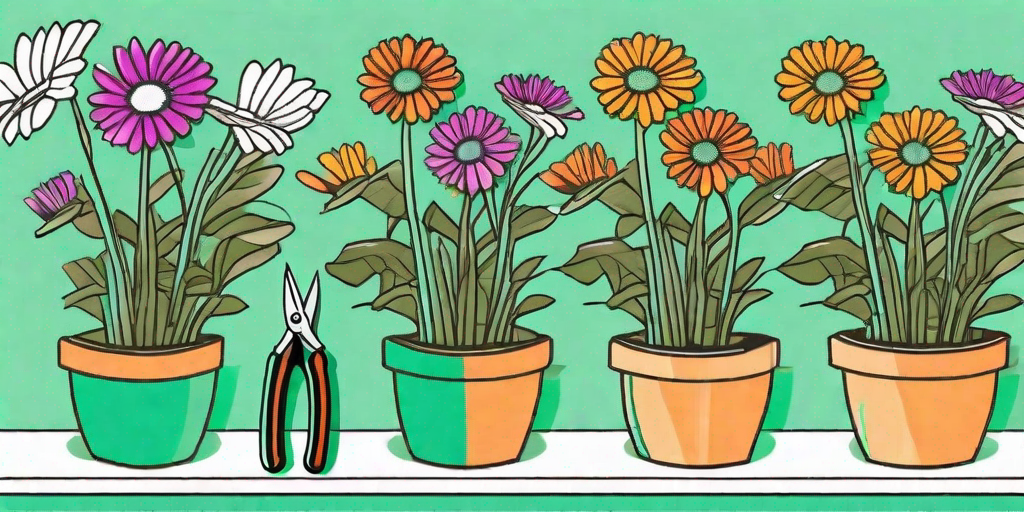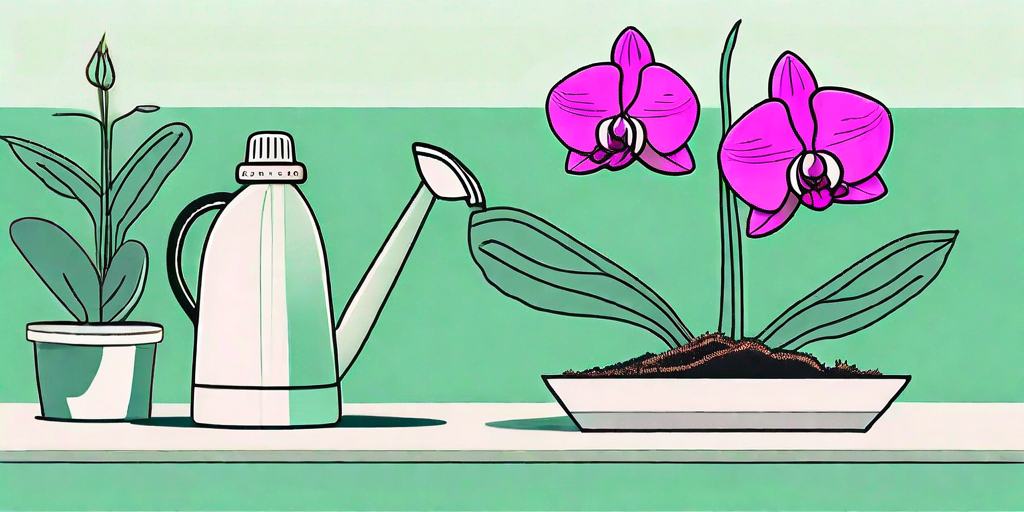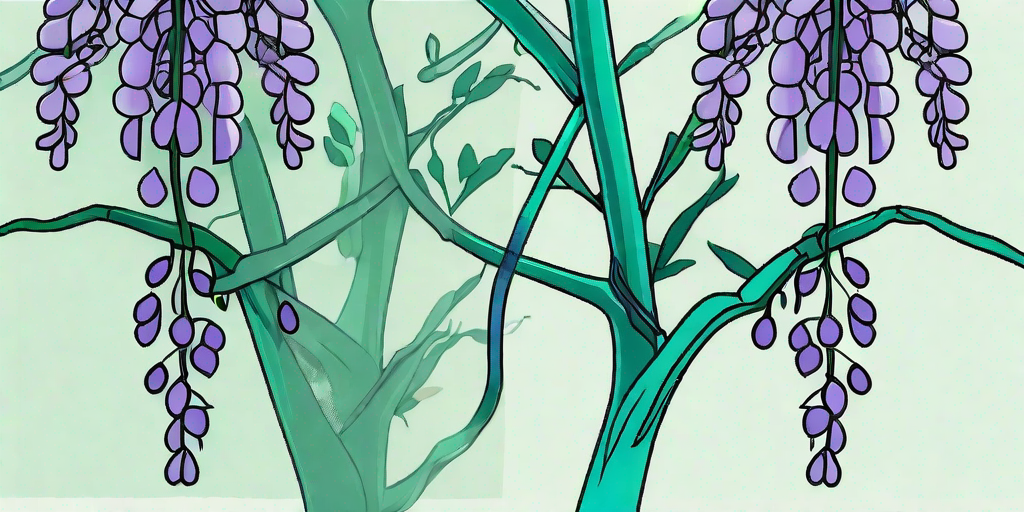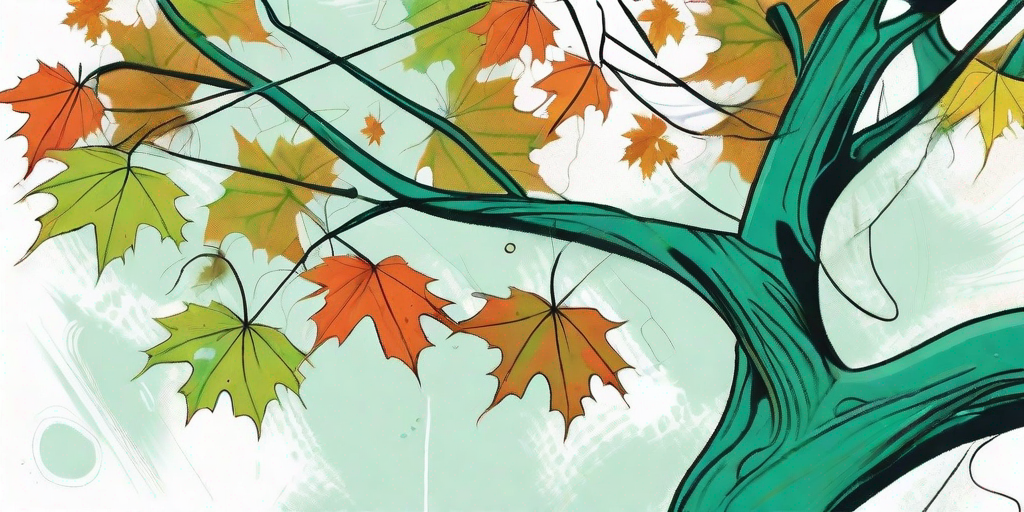
Orchids, the divas of the plant world, are notorious for their temperamental nature. They're like the Mariah Careys of the botanical realm, demanding specific light, temperature, and humidity conditions. And when things don't go their way, they're not shy about showing it. One of the most common ways they express their dissatisfaction is through leaf loss. But fear not, dear gardener, for we have compiled a comprehensive guide to help you navigate through your orchid's leafy woes.
Understanding Your Orchid's Leaf Loss
The Causes of Leaf Loss
Before we dive into the solutions, it's crucial to understand the root of the problem (pun intended). Leaf loss in orchids can be attributed to a variety of factors. These include overwatering, underwatering, inadequate light, temperature stress, and pests or diseases.
Overwatering is the most common culprit. Orchids are not your typical houseplants; they're epiphytes, meaning they grow on other plants in their natural habitat. Hence, they're used to having their roots exposed to air and don't appreciate being waterlogged. On the other hand, underwatering can also lead to leaf loss as the plant struggles to maintain its hydration levels.
Recognizing the Signs
Leaf loss in orchids is usually accompanied by other signs of distress. If your orchid's leaves are yellowing, wilting, or developing black spots, it's likely that the plant is unhappy with its current conditions. Additionally, if the roots are brown and mushy or shriveled and dry, it's a clear indication of overwatering or underwatering, respectively.
Remember, your orchid is like a drama queen. It won't suffer in silence. It will let you know if it's not happy with its living conditions. So, keep an eye out for these signs and act accordingly.
Preventing Leaf Loss in Orchids
Watering Wisely
When it comes to watering orchids, less is more. It's better to underwater than overwater. A good rule of thumb is to water your orchid once a week in the summer and once every two weeks in the winter. However, this can vary depending on the type of orchid and the conditions in your home.
Instead of sticking to a strict watering schedule, it's better to check the moisture level of the potting medium. If it's dry to the touch, it's time to water your orchid. If it's still damp, wait a few more days. Remember, your orchid would rather be a bit thirsty than drowning.
Providing Adequate Light
Orchids love light, but they're not sun worshippers. Direct sunlight can scorch their leaves, leading to leaf loss. Instead, they prefer bright, indirect light. A north or east-facing window is usually ideal. If the leaves are dark green, it's a sign that the plant is not getting enough light. On the other hand, if the leaves are red or have red spots, it's getting too much light.
Adjust the light conditions as needed to keep your orchid happy. Remember, a happy orchid is a leafy orchid.
Treating Leaf Loss in Orchids
Adjusting Watering Practices
If your orchid is losing leaves due to overwatering or underwatering, the first step is to adjust your watering practices. If you've been overwatering, cut back on the frequency. If you've been underwatering, increase it slightly. Remember to check the moisture level of the potting medium before watering.
In severe cases, you may need to repot your orchid in fresh potting medium to prevent root rot. Choose a potting medium that drains well to prevent waterlogging.
Changing Light Conditions
If your orchid is suffering from light stress, adjust the light conditions as needed. Move the plant away from direct sunlight or provide additional light if it's not getting enough. You can use a grow light if your home doesn't have adequate natural light.
Remember, it's all about balance. Too much light can be as harmful as too little light. So, keep an eye on your orchid's leaves and adjust the light conditions as needed.
FAQs
-
Why is my orchid losing leaves?
Leaf loss in orchids can be due to a variety of factors, including overwatering, underwatering, inadequate light, temperature stress, and pests or diseases.
-
How often should I water my orchid?
A good rule of thumb is to water your orchid once a week in the summer and once every two weeks in the winter. However, this can vary depending on the type of orchid and the conditions in your home.
-
What kind of light do orchids need?
Orchids prefer bright, indirect light. A north or east-facing window is usually ideal. Direct sunlight can scorch their leaves, leading to leaf loss.
-
How can I treat leaf loss in my orchid?
If your orchid is losing leaves, the first step is to identify the cause. Then, adjust your watering practices or light conditions as needed. In severe cases, you may need to repot your orchid in fresh potting medium.
So, there you have it, a comprehensive guide to preventing and treating leaf loss in orchids. Remember, your orchid is a diva. It demands attention and care. But with a little patience and understanding, you can keep your orchid leafy and happy. After all, every diva deserves a devoted fan.















